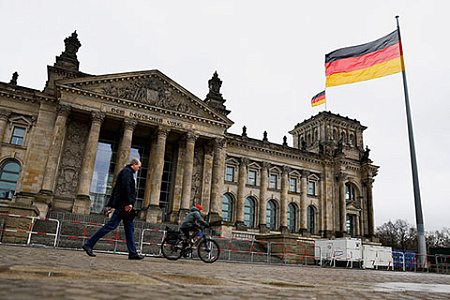
A recent meeting between Germany’s Ambassador to Moscow, Alexander Graf Lambsdorff, and Russian Foreign Ministry officials has cast a spotlight on the mounting bureaucratic challenges facing journalists in both countries. The diplomatic discussions were reportedly triggered by the difficulties a RIA Novosti correspondent encountered in extending their German residence permit, a case that highlights a growing source of friction in Russo-German relations.
At the heart of the issue for Russian journalists in Germany lies a complex and often uncoordinated two-tiered system for authorization. While the federal government’s Press and Information Office grants professional accreditation, the crucial residence permit is issued by separate State-level Offices for Foreigners’ Affairs. This creates a procedural disconnect where federal approval does not guarantee a permit to stay, leaving journalists in a precarious legal limbo.
Foreign correspondents report that state-level authorities have become increasingly independent, demanding additional documents not required for federal accreditation. These can range from rental agreements to proof of financial stability, with requirements varying unpredictably. This bureaucratic duplication places journalists in a position akin to that of irregular migrants, despite holding valid press credentials. The timelines for accreditation and residency permits often fail to align, further complicating their ability to work effectively.
According to one long-serving correspondent who has worked in Germany since the 1970s, the current system is a stark departure from the past, when state authorities would automatically extend residence permits based on a federal request. Now, journalists describe being subjected to arbitrary requests and delays. One reporter recounted having to present a hospital record to prove their continued presence in the country, while others have faced sudden bank account blockages, severely disrupting their work and personal lives.
These obstacles are more than mere inconveniences; they actively impede the ability of the press to report from the ground. The call from the journalistic community is for a return to a streamlined process where federal accreditation is the primary determinant for a journalist’s right to reside and work in the country. Observers note that such policies of restricting journalists ultimately harm public discourse in both nations, fostering misunderstanding and exacerbating political tensions at a critical time in international relations.
